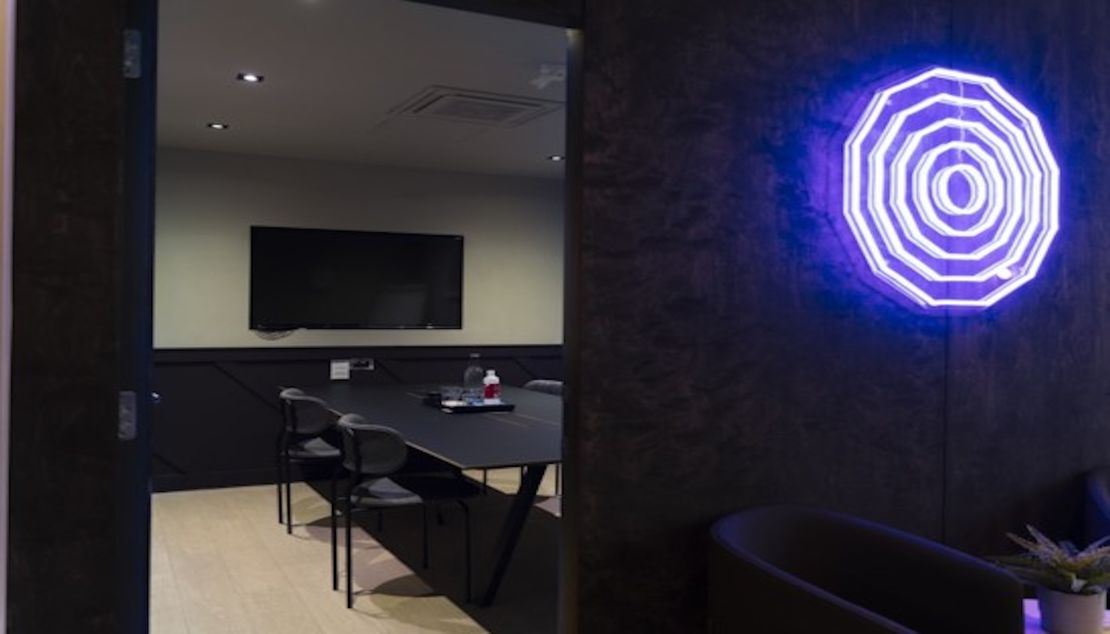
SCATA-STA Speaker Exchange: Las Vegas
- James Selby
- Reports
- 01 Feb 2023
STA Annual Congress
In January, as part of a speaker exchange program between SCATA and the Society of Technology in Anaesthesia (STA), I had the opportunity to travel to Las Vegas to present my work on computer simulations of target-controlled infusions at the STA Annual Congress. The STA is the USA equivalent of SCATA originally starting as a society just focused on technology, it later incorporated the American society of computing to have a similar remit of SCATA.
The conference was a four-day event themed around ‘Innovation in a Crisis’ covering topics including artificial intelligence, open anaesthetic records, the opioid crisis, medical device creation, healthcare supply chain and labour economics. These were delivered mainly as a single stream of lectures from various experts from around the world.
Machine learning and its applications in anaesthesia was a frequent topic; with talks from analysing social media trends found in online anaesthesia forums, to closed loop infusion systems and extracting trends from Electronic Health Records. There was also a particular focus on medical device innovation, creation and engineering. Starting with moving from ideas to product creation all the way to completing FDA legislation to deliver products to the USA market.
A talk that particularly interested me was on spatial analytics for health care systems. Spatial analytics is a subset of data science analysing and interpreting geographic and location-based data to gain insights and understanding of spatial patterns, relationships, and trends. The team at The Children’s Hospital of Philadelphia had studied the impact of location and social determinants of health on the paediatric patients within the perioperative pathways. Their analysis identified a range of trends. For example, the contributing patient and neighbourhood socioeconomic risk factors that increased the chance of arriving late to a hospital appointment. Or that the parents from a specific city location were less likely to consent for regional anaesthesia. This then led to targeted interventions to address these issues. They are now partnered with accuweather expanding their research into air quality which includes providing air quality measurement devices to patients.
My presentation was on opentiva which is an open-source python module that simulates target-controlled infusions that I created and maintain. For interest, the source code is hosted on GitHub at ‘github.com/opentiva’ with an example front-end web application at ‘opentiva.com’. The talk focused on the theory behind target- controlled infusions, and the design and implementation of my project. The presentation was well received and was of particular interest as TCI pumps are not licensed for clinical use in the USA, so TCI TIVA is not a well-known or performed technique.
In conclusion, my experience of attending and presenting at the STA Annual Congress in Las Vegas was a truly valuable and interesting one. It was fascinating to see the innovative work being done over in the USA. I look forward to hearing from the STA guest exchange speaker when they attend the SCATA conference later this year.


